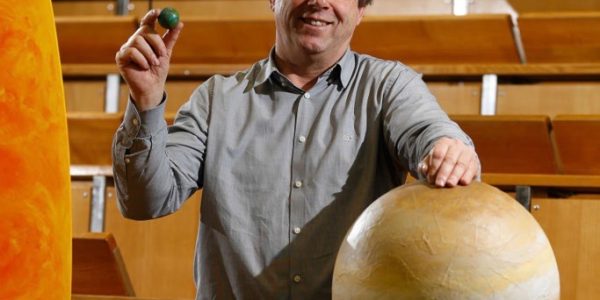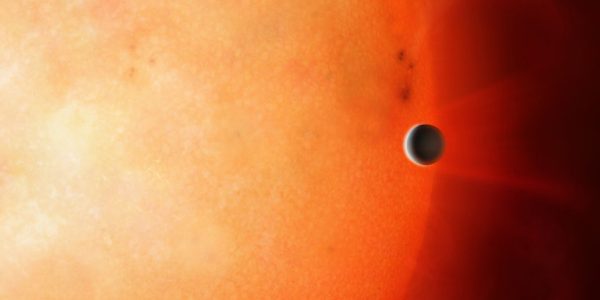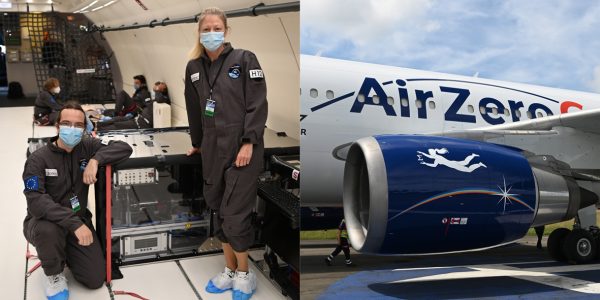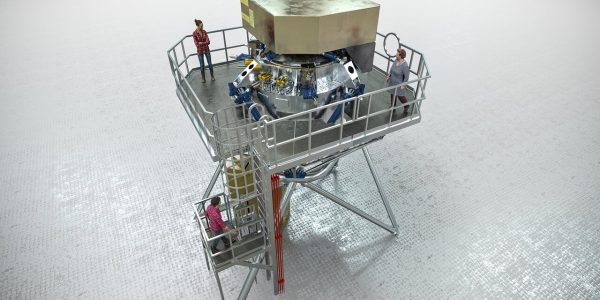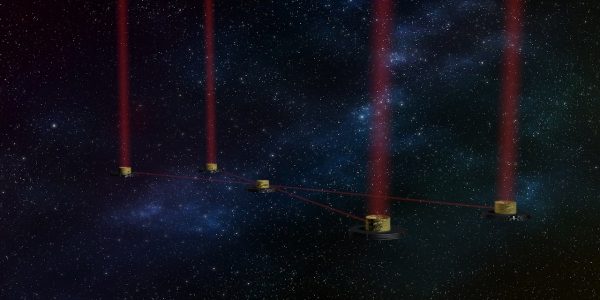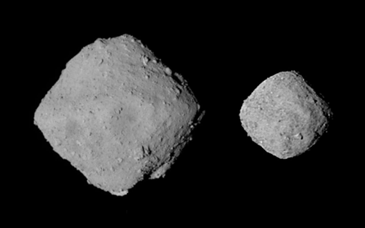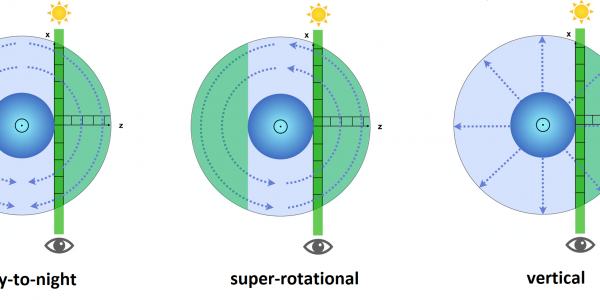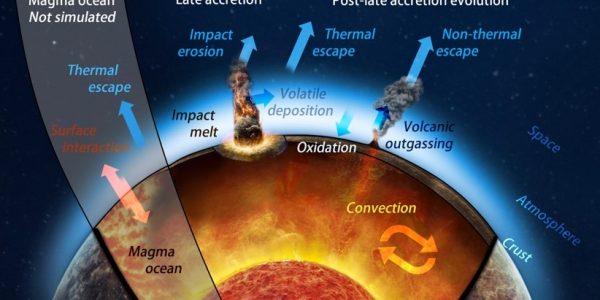Author Archive
Change of personnel in the communication and outreach team
In the spring of this year, Barbara Vonarburg retired. Barbara was part of the communication and outreach team of the NCCR PlanetS from the beginning. As a highly skilled science journalist with experience in both print media and Swiss television, she brought important skills to our team. During her time at PlanetS, Barbara has written […]
Continue ReadingProfessor wanted!
The Space Research and Planetology Division within the Physics Institute of the University of Bern has an opening, as per 1 January 2022, for a full or associate professor (100%) in the field of Theoretical Planetology.
Continue ReadingFirst exposed planetary core discovered
Researchers led by the University of Warwick have discovered the first exposed core of an exoplanet, which provides an unprecedented glimpse inside the interior of a planet. Christoph Mordasini from the University of Bern is leading the theoretical interpretation of this discovery.
Continue ReadingThe planetary scientist has one great wish
Christoph Mordasini deals with the formation and evolution of planets inside and outside our solar system. In an interview he explains why the University of Bern has been at the forefront of space research since an experiment on the moon. And he reveals the question to which he would very much like to have an […]
Continue ReadingPlanetary research in weightlessness
In a laboratory of a special kind, researchers from the National Centre of Competence in Research PlanetS were able to conduct experiments on planet formation on board the fourth Swiss parabolic flight campaign. It is a cool, cloudy morning at the military airfield in Dübendorf. The fourth Swiss parabolic flight campaign is about to launch […]
Continue ReadingELT METIS Instrument Passes Design Milestone
METIS, the powerful imager and spectrograph for the European Southern Observatory’s Extremely Large Telescope (ELT), has passed its Preliminary Design Review. METIS, short for Mid-infrared ELT Imager and Spectrograph, will make full use of the giant main mirror of the telescope to study a wide range of science topics, from objects in our Solar System […]
Continue ReadingHow we might search for life in the future
The “LIFE” mission, proposed by PlanetS researchers, could help answer questions about the habitability of our cosmic environment by employing a direct approach. When looking up at the sky at night, sooner or later the inevitable question arises: “Are we alone?” So far, science has not found the answer, even though it has been certain […]
Continue ReadingOrigin of two “cosmic diamonds” clarified
“Bennu” and “Ryugu” are two near-Earth asteroids with a diamond-like shape, the origin of which has long been a mystery. Now simulations of asteroid break-ups show how the special shape came about. The results could also help to better understand the processes involved in the formation of the Earth. Around four and a half billion […]
Continue ReadingOtherworldly winds
A group of scientists led by the NCCR-PlanetS and the University of Geneva, investigated wind patterns of an exoplanet with extreme conditions. Their insights may also help us understand the atmospheres of other worlds. Including our own. Imagine you were looking down upon the Earth from space. Your task would be to discern the general […]
Continue ReadingWhy Earth is the Blue Planet
An international team of scientists, with participation of PlanetS and ETH Zurich, investigated the origin of water on Earth. Their results suggest that it has been here all along. Is the abundance of water on Earth special? The exploration of other rocky planets and their discovered lack of surface water indicates that it is indeed. […]
Continue Reading

